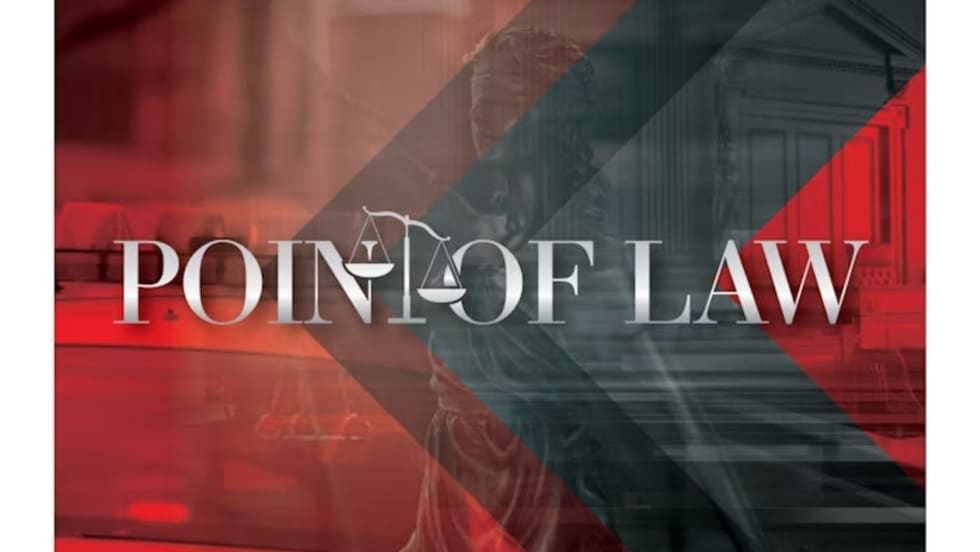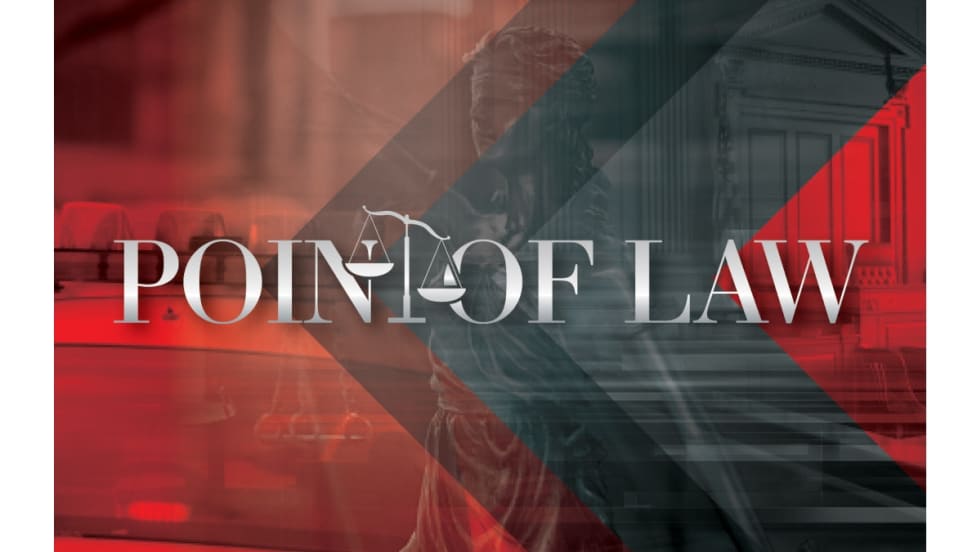Supreme Court Justice Sonia Sotomayor wrote Monday that the court is developing a “disturbing trend” of siding with police officers accused of excessive force at the expense of their alleged victims, a notion disputed by two of her colleagues.
Judge Sotomayor Sees "Disturbing Trend" of Courts Favoring Officers in Use-of-Force Rulings
Her colleagues’ failure to accept the case “continues a disturbing trend regarding the use of this court’s resources,” Sotomayor wrote in an opinion joined by Justice Ruth Bader Ginsburg.

Sotomayor was arguing that the court should have accepted the case of Richardo Salazar-Limon, who was shot in the back by Houston police officer Chris Thompson in 2010. A federal district judge dismissed Salazar-Limon’s suit before trial, and the U.S. Court of Appeals for the 5th Circuit upheld that decision, the Washington Post reports.
What happened in the incident that left Salazar-Limon crippled is disputed, Sotomayor wrote in her dissent, and a decision on which man is telling the truth should be made by “a jury sitting as finder of fact, not a judge reviewing a paper record.”
What made Sotomayor’s dissent unusual was the criticism of the court’s past decisions.
Her colleagues’ failure to accept the case “continues a disturbing trend regarding the use of this court’s resources,” Sotomayor wrote in an opinion joined by Justice Ruth Bader Ginsburg.
More Point of Law

Point of Law: The Limits of Electronic Searches
Can an individual be prosecuted for despicable criminal conduct based on evidence obtained in violation of the United States Constitution? Ultimately, the Ninth Circuit judges wrote, “In the circumstances of this case (United States v. Holcomb, 23-469 (9th Cir. 2025)), respect for the Constitution and the rule of law requires an answer of “no.”
Read More →
Trump Issues Order Cutting Federal Funding in Cashless Bail Jurisdictions
<strong>“</strong>Cashless bail policies allow dangerous individuals to immediately return to the streets and further endanger law-abiding, hard-working Americans because they know our laws will not be enforced,” the administration said.
Read More →
Justice Department Sues Los Angeles Over Sanctuary Policies
The DOJ said in a press release that the “sanctuary city” policies of the City of Los Angeles are illegal under federal law.
Read More →
Understanding Officer-Created Jeopardy
Officers can be criminally prosecuted for using force when their actions led to escalation during contact with subjects.
Read More →
Point of Law: The Limitations of Search Warrants
In the Tenth Circuit case of Cuervo v. Sorenson, the Court ruled officers cannot deviate from the language of the warrant.
Read More →
DOJ Dismisses Consent Decrees Affecting Louisville and Minneapolis Police
The Civil Rights Division will be taking all necessary steps to dismiss the Louisville and Minneapolis lawsuits with prejudice, to close the underlying investigations into the Louisville and Minneapolis police departments.
Read More →
New Michigan Bill would Give Officers Civil Immunity in Self-Defense Cases
House Bill 4404 would create a presumption of civil immunity for individuals who are cleared criminally after using force in self-defense, shifting the burden of proof onto plaintiffs.
Read More →
Seattle to Pay Police Captain $1 Million to Settle Lawsuit
Seattle police Capt. Eric Greening sued former Chief Adrian Diaz last year alleging that Diaz retaliated when Greening brought up concerns about racial and gender discrimination.
Read More →
Washington Agencies Ordered to Not Delete Critical Facebook Contents
Jim Leighty, a local activist, filed two federal lawsuits last year claiming both agencies deleted or hid critical comments he had written below multiple posts, while keeping comments that were pro-police in nature.
Read More →
Washington State Attorney General Sues Sheriff for Helping Immigration Enforcement
The lawsuit claims the Adams County Sheriff’s Office has illegally held people in custody based only on their immigration status, helped federal agents question people in custody, and given immigration officials confidential personal information.
Read More →
